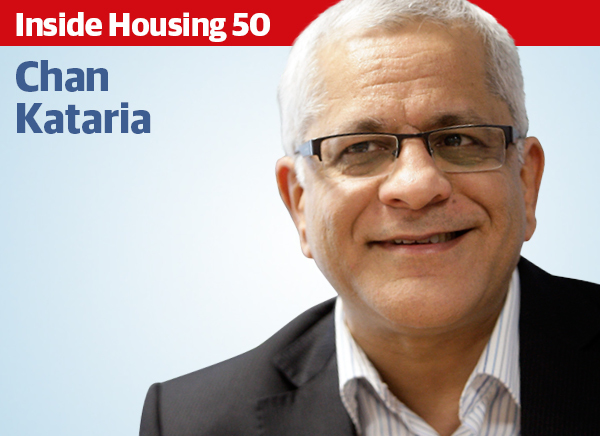You are viewing 1 of your 1 free articles
Social landlords should administer the ‘digital drug’ with care
As social landlords look to digitise services, it is important they also factor in the potential for negative impacts, writes Adam Rigg
Hi everyone. My name is Adam… and I’m an addict.
No, please don’t clap. I’m not proud of it. It’s something I’ve struggled with since I was old enough to look at a screen.
It started off with just casual gaming; my first go was free, at my friend’s house. Soon I had my own computers. Before I knew it I had four mobiles, two PCs and a mac. I want to stop, I really do, but I’m just not strong enough.
From the moment I wake, the craving is there to check my mobile for social media updates, emails, WhatsApp messages, news bulletins and – of course – game notifications.
I tell myself these digital things are important. I ignore and marginalise real things in the real world.
In 2017, the average time worldwide internet users spent on the internet was 135 minutes a day. That’s me before lunch.
Tech companies want us to be addicted to their products, they want us to spend more and more time in virtual worlds, so their products become more and more important to us.
Some companies do have noble intentions and truly want to make the world a better place by improving technology and making our lives easier. However, do they all really consider the impact of the addictive nature of their products? No. Not all of them. If business is good, then business is good.
Augmented and virtual reality are gaining traction with the public, and ‘deepfake’-type technology that can replace faces in the digital world to trick our minds is already with us. It’s not even a bold statement to suggest that in 20 years’ time we will spend all of our days completely in a virtual world.
“Housing providers have a responsibility to consider what impact the continuing progression into the digital world can have on our communities and society in a wider context.”
A world where we can access information at the blink of an eye, a world where we can meet other digital people by merely thinking about them, a world where we not only cannot tell the difference between what is real and what is fake, but also where we no longer care.
Housing providers have a responsibility to consider not only the absolute best way to deliver services, but also what impact the continuing progression into the digital world can have on our communities and society in a wider context.
If prescribed for the right ailment, the digital drug can be highly effective and change lives for the better. Maybe, though, we all have to be careful that we don’t overdose.
Housing in the UK has changed quite dramatically over a relatively short period of time. The old-school stance that the sole purpose of a landlord’s existence is to provide somewhere to live has evolved to include things like community well-being, digital inclusion and societal impact. More is expected than ever before.
We all know technology can be amazing. It can change lives for the better in so many ways: communication, health and fitness, education… the list is almost endless as technology seems to cross new boundaries every day.
However, when we allow our obsession with improvement to overtake the very principles of being human, then we are truly addicted and then we have a real problem to fix.
“Our mental health and the mental health of future generations is at stake if we allow tech companies to continue to get us addicted without any kind of awareness or restriction.”
The concept of ‘the digital drug’ is a genuine problem encouraged by companies actively trying to get us addicted us to their digital platforms.
Content is available 24/7; more and more shows, games and apps appear every single day, specifically designed to keep us locked in and engaged.
Our mental health and the mental health of future generations is at stake if we allow tech companies to continue to get us addicted without any kind of awareness or restriction.
So what do we do about this? How can we break the cycle of addiction? Is it ever going to be possible to change how tech companies develop addictive digital platforms?
Housing providers have a pivotal role to play in digital evolution. There are now many landlords, in particular some key forward-thinking housing associations, that are actively developing ways to assist their customers via new digital, efficient platforms.
Perhaps it’s important that as these platforms are developed we factor in not only the obvious benefits to customers – such as time-saving, efficiency and cost reduction – but also consider things such as how the use of the platform will impact on customers’ ability to communicate with others and how it will change their expectations of interaction in the future.
“It is important we consider how the use of digital platforms will impact on customers’ ability to communicate.”
Perhaps it should be a genuine consideration that we as developers and implementers of new technology actually say out loud: “How about if we just did this the old-fashioned way? Would that be so bad? Would it have completely different benefits to do things slower, to be what seems on the outside to be less efficient?”
It’s a difficult thing for me to suggest, being a tech enthusiast, but perhaps the digital drug is not all it’s cracked up to be.
Adam Rigg, futurologist, Red Kite Community Housing












